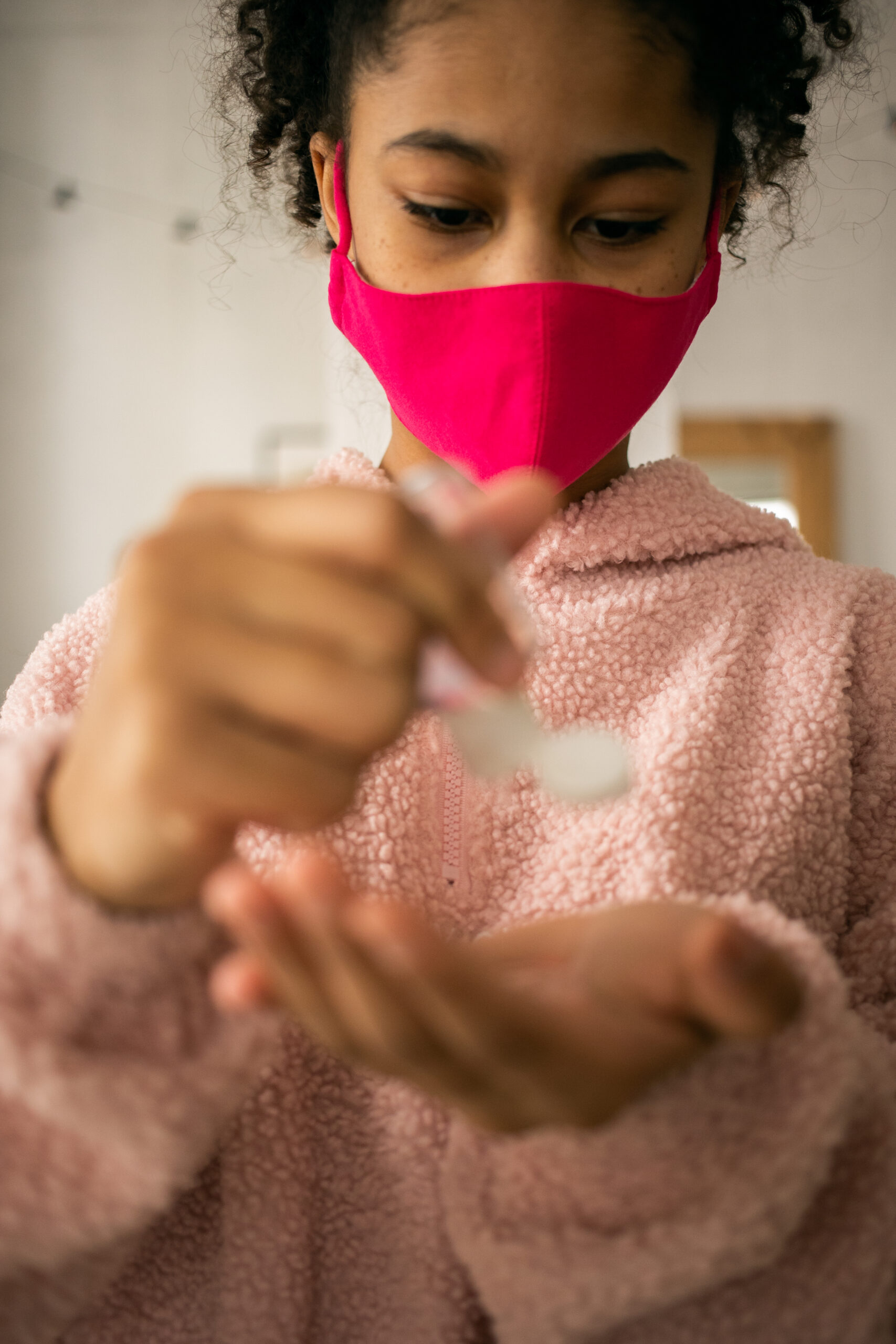Is Punarnavadi Kwath safe for children?
Title: Is Punarnavadi Kwath Safe for Children? Exploring Ayurvedic Remedies
Introduction:
As parents, we always want the best for our children, especially when it comes to their health and well-being. Natural remedies have gained significant attention in recent years, and one such remedy is Punarnavadi Kwath. Derived from Ayurvedic practices, Punarnavadi Kwath has been traditionally used to address various health conditions. But is it safe for children? Let’s delve deeper into the topic and explore the potential benefits and risks associated with Punarnavadi Kwath for our little ones.
Understanding Punarnavadi Kwath:
Punarnavadi Kwath is an Ayurvedic herbal decoction made from natural ingredients, primarily Punarnava (Boerhavia diffusa) and other herbs like Gokshura (Tribulus terrestris) and Mustak (Cyperus rotundus). These ingredients are known for their medicinal properties and have been used in Ayurveda for centuries.
Potential Benefits of Punarnavadi Kwath:
1. Digestive Health: Punarnavadi Kwath is believed to support healthy digestion and alleviate symptoms such as bloating, gas, and constipation, which are common issues among children.
2. Kidney Function: The herbs used in Punarnavadi Kwath are known for their diuretic properties and are believed to promote kidney health and prevent urinary tract infections in children.
3. Respiratory Health: Punarnavadi Kwath is also believed to support respiratory health by clearing the respiratory passages, reducing congestion, and easing breathing difficulties.
Safety Considerations for Children:While Punarnavadi Kwath has been used for generations, it is essential to exercise caution when considering any herbal remedy for children. Here are some key factors to consider:
1. Consult a Qualified Practitioner: Before administering Punarnavadi Kwath to your child, it is crucial to consult with a qualified Ayurvedic practitioner or pediatrician who can assess your child’s specific health needs.
2. Dosage and Administration: Herbal remedies should always be taken in the recommended dosage and under adult supervision. The dosage for Punarnavadi Kwath may vary depending on the age, weight, and health condition of the child. It is crucial not to exceed the recommended dosage.
3. Allergies and Sensitivities: Children may have allergies or sensitivities to certain herbs or ingredients. It is vital to check the ingredients of Punarnavadi Kwath for any known allergens before administering it to your child.
4. Potential Interactions: If your child is on any prescribed medications or has an existing medical condition, it is essential to consult a healthcare professional to avoid any potential interactions or adverse effects.
Conclusion:
While Punarnavadi Kwath has been used in Ayurveda for various health conditions, caution should be exercised when considering herbal remedies for children. Consulting with a qualified Ayurvedic practitioner or pediatrician is crucial to ensure the safety and appropriateness of Punarnavadi Kwath for your child. Remember, natural remedies should not replace conventional medical treatments, and proper medical guidance is essential for your child’s well-being.
DISCLAIMER: The information provided in this blog is for educational purposes only and should not be considered as medical advice. Always consult with a qualified healthcare professional before administering any herbal remedies to your child.



